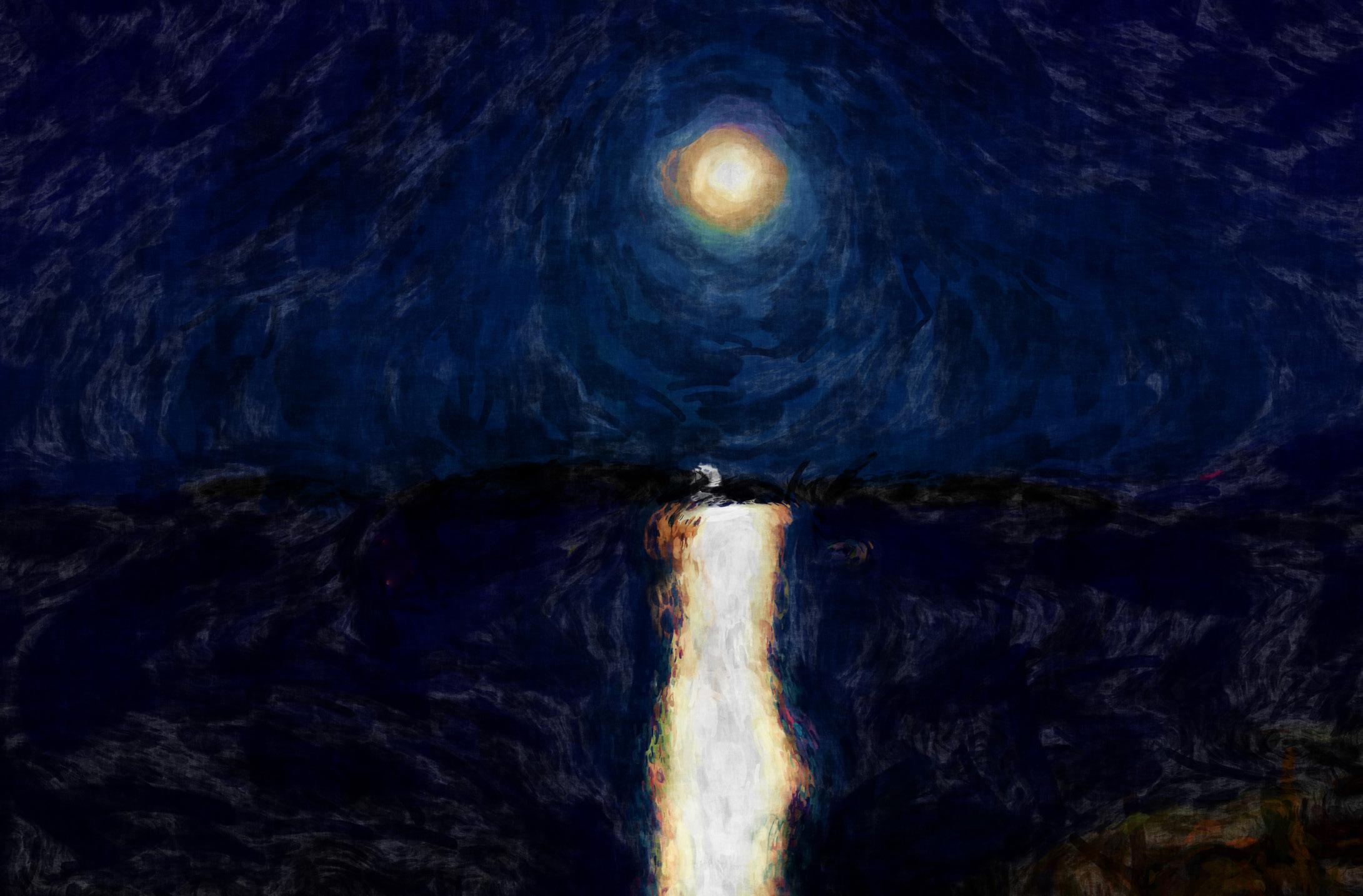
4 minute read
Redeemed life - the courage to let things die
Rev. Dr Sarah Agnew
storyteller-poet-minister | sarahagnew.com.au
Death takes courage. Actual death, as we’ve all observed for family and friends and strangers facing it through cancer, risking it to preserve life for another, with courage and grace. And we’ve no doubt seen the opposite, facing death with fear and denial that diminishes life before we die.
Invited to consider death for this edition of Ruminations, I am actually thinking more of the myriad other kinds of death we experience, and must, to truly live the transformation of resurrection. Deaths that also take courage. A friend recalled Nietzsche in conversation recently, and his claim that he would believe in redemption more if he saw more people living as if they are redeemed. Which reminded me of a Cadfael mystery I read recently – The Heretic’s Apprentice (Ellis Peters, 2014).
Set in a Shrewsbury monastery in the 12th century, Cadfael is a warrior-turnedmonk who oversees the abbey gardens and produces remedies to help heal his brothers and those in the wider community. He is also an amateur sleuth, in the great tradition of religious amateur detectives – Father Brown, is another example. Cadfael is a fierce advocate for underdogs, the unjustly accused especially, and in this story, he seeks to help and support a young man doubly accused, first of heresy, then of murder. Both accusations could lead him to an early death, but for this discussion, I’m interested in the heresy charge.
The charge of heresy in 12th century Christianity was indeed a matter of life and death. This man unwittingly puts his own life in danger by expressing his questions about redemption and baptism and the inherent good or evil of humans. His master had some years before been accused of heresy for voicing just such questions. These were not matters for the regular folk to consider or discuss – leave it to the professional Christians.
expansively. In his past, Cadfael has participated in battles of life and death. He has encountered people of other faiths and cultures, who have helped him find the humility to put his Christian faith and Welsh / English culture in the context of the diversity of humanity. Cadfael sits with multiple possible truths comfortable even with the dis-ease of it.
So when he is charged with the care of this young man, put into custody within the abbey for his heresy, Cadfael arranges for the abbey librarian to bring him copies of the writings of Augustine, whose doctrines are at the heart of the dispute. As he reads the breadth of those writings, the accused discovers Augustine himself changed his ideas over time. Posed questions. Wrestled with God and sin and redemption. Let go of some ideas, let ideas die, in a way, in order for new ideas to take root and grow.
Our accused had been wondering aloud with friends about whether redemption rests, as certain doctrines profess, solely on God’s action to redeem us, or whether our actions are necessary to fulfill redemption. He wonders, too, whether humanity is so very, inherently evil, as some of the early church fathers have claimed, or whether, as stories in the Bible show, God created us and saw us as good and that’s the thing to cling to. This character embodies having ‘the courage of one’s convictions’, as he refuses to tow the line of church doctrine even to save his life, in favour of trust in doubt and question and the gift of ideas as faithfulness to God.
Which reminds me of another story, the 1990s film Dogma, starring Matt Damon and Ben Affleck. The ‘Thirteenth Apostle’, played by Chris Rock, encourages having ideas rather than adhering to doctrines. Perhaps because ideas have a fluidity to them, a more natural process of death and resurrection into new ideas; doctrines die much harder, they risk holding us captive in death, rather than releasing us into resurrection.
I begin to think I, too, would believe in redemption more if I saw more of the socalled redeemed living as if we are so.
How enticing certainty is, what is known, those doctrines, or practices, or ideologies of past seasons. The ones we’re comfortable with, so we feel safe, so we don’t have to undergo the hard uncomfortable work of change. The ones that told us who we are, so we don’t have to acknowledge that the world is changing, and we might also have changed. It takes courage to acknowledge that part of us – our ideas, beliefs, story, has died, and courage to live redeemed.
That question about whether redemption is all on God, or in part our responsibility is an interesting one. I wonder if it’s both. We cannot save, or redeem, ourselves.
When someone hands you a gift, your part is to accept, to receive it, unwrap it, and choose to put it to use, yes? So God offers us the gift of resurrection life. And just as Jesus came to resurrection through death, so too do we. When we accept that gift, we can only do so by putting down – by letting die – the former way of being that was not God’s way. We must let die what is not part of the life of redemption – our self-interest, arrogance, fear, greed, prejudice, hate, disdain and diminishing of the humanity of others. In short, if we say we have accepted the gift of redemption God offers, we must live as if we are redeemed. Or what we’ve done is taken a gift and left it on the shelf, unwrapped, and unused. And what sort of witness is that?










